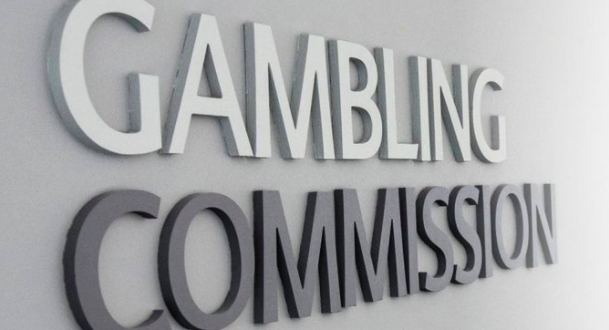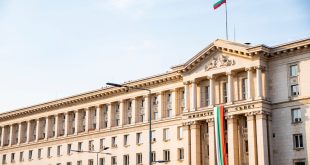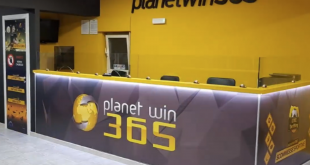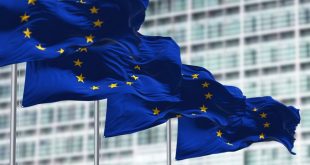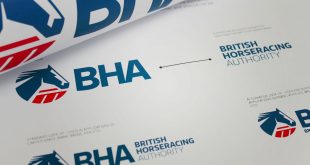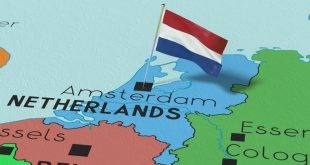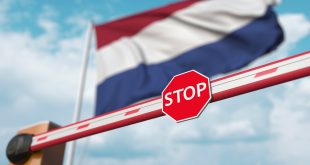The UK Gambling Commission (UKGC) has cautioned operators with regards to responsibilities on digital advertising and third party affiliate marketers.
In particular, the regulator has underscored that betting firms’ digital adverts are not to be featured on websites providing ‘unauthorised access to copyrighted content’, whilst also detailing three core requirements with regards to these forms of marketing.
To avoid content appearing on such sites, the UKGC stated that operators must ensure that third parties which they maintain any contact with in relation to licensed activities do not place digital advertisements on the same pages.
The UKGC also detailed that betting firms should also include termination provisions in contracts with third parties, subject to compliance with dispute resolution provisions, if the said third party has placed digital advertisements for licensed activities on illegal sites.
“Over the years, we have seen a significant reduction in gambling adverts appearing on copyright infringing websites, but a number of gambling adverts continue to appear,” the Commission explained.
“This demonstrates the need for gambling operators to introduce additional controls or to review the monitoring methods they currently have in place to ensure this does not occur.
“To date, the Gambling Commission has not specified any particular measures that licensees should take to prevent this, however, we are clear about our expectation.”
The Commission further asserted that advertising placed on the unauthorised content websites contributes to the web pages funding and are therefore ‘associating gambling with crime’.
To assist with compliance with this requirement, the UKGC has promoted the use of the City of London Police Intellectual Property Crime Unit’s (PIPCU) Infringing Website List (IWL).
This functions as an online portal containing an up-to-date list of copyright infringing sites, with the aim of allowing advertisers, agencies and other intermediaries to voluntarily decide to cease advert placement on illegal websites.
Operators have been encouraged to register with and use the IWL as a guide for both themselves and affiliates, although firms must ‘proactively monitor the list on a regular basis’ to ensure responsible placement of advertising.
As part of the wider reform of UK gambling’s regulatory oversight, debate has continued over advertising and affiliate marketing, particularly on whether legislators should introduce a ‘statutory regime’ on affiliate and third-party licensing for gambling advertisers.
Although supported by the ‘Responsible Affiliates in Gambling’ (RAiG) trade body as a means to safeguard standards and marketing practices, affiliates have expressed concerns it could lead to one-sided contracts in favour of operators and negatively impact their legal position on dispute resolutions.
This mirrors developments in the Netherlands following the launch of the online gambling market in October of last year, which has seen extensive changes with regards to affiliate advertising in the country.
Notably, an investigation which concluded in December 2021 led to 15 affiliate websites targeted by the Kansspelautoriteit (KSA), the Dutch Gambling Authority, for advertising unlicensed online games of chance in violation of the terms of the KOA Gambling Act.
